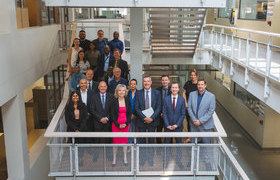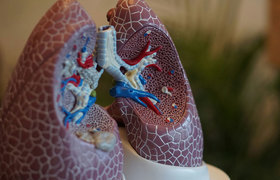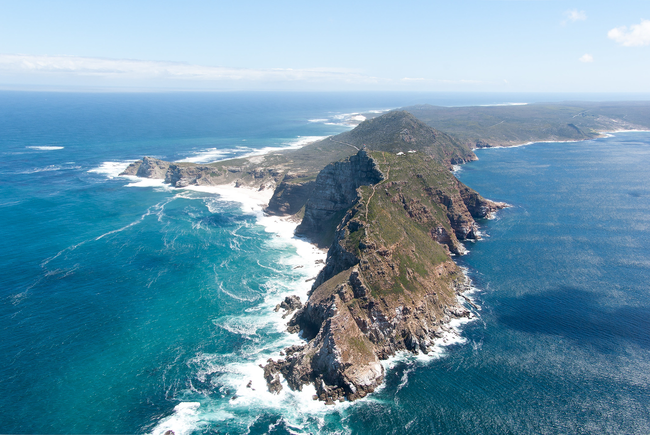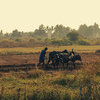A researcher’s perspective on the Worldwide Universities Network: building the Africa we want
22 May 2018 | Story Professor Maano Ramutsindela. Photo Michael Hammond. Read time 5 min.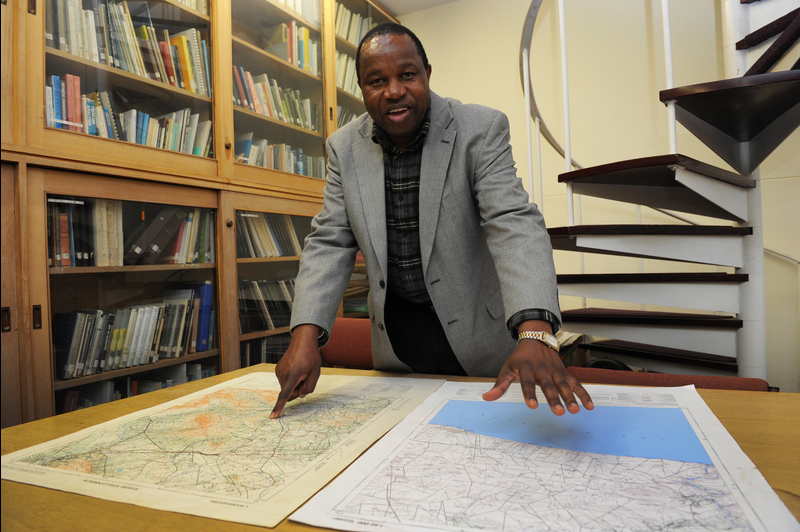
When I was asked to represent UCT as part of the steering committee of the Worldwide Universities Network (WUN), I had very little idea of what the network could offer me. I have since found out – but I am sure I have not been the only one to wonder this!
Networks offer opportunities, but it is up to us – as researchers – to make use of these networks for our benefit.
WUN facilitates collaborative, action-oriented research for the benefit of science and society. Although collaborative research is necessary and desirable for tackling many of society’s problems, which require diverse skills and interdisciplinary knowledge, it is a challenge to find collaborators across universities. Networks such as WUN provide a platform for potential collaborators to set the research agenda together, within the key strategic areas of the network.
One of the greatest benefits I’ve derived from WUN is the opportunity to expand my research in Southern Africa to other parts of the continent, and to test the relevance of my research questions in Africa’s diverse regions.
“Networks offer opportunities, but it is up to us – as researchers – to make use of these networks for our benefit.”
In particular, the formation of the WUN Global Africa Group (GAG) in 2015 fitted well with the scope and perspective of my research. The WUN GAG builds on existing expertise and international partnerships among WUN members, in Africa and abroad, to identify sustainable and equitable solutions to critical local, regional and global challenges of relevance to Africa. The plan of the WUN GAG to establish regional hubs in eastern, southern and western Africa – anchored at the universities of Nairobi, Cape Town and Ghana – supports my research focus but also offers me the chance to work with scholars in these regions.
“Networks such as WUN provide a platform for potential collaborators to set the research agenda together, within the key strategic areas of the network.”
Looking at the five priority areas of the WUN GAG – which are environmental change and food security; public health; governance, inequality and social inclusion; higher education and research capacity; and natural resources for inclusive growth and sustainable development – UCT has expertise in all of them. I was excited to see that the network has endorsed a research theme on Africa’s natural resources, which I have been passionate about for many years for three main reasons.
First, Africa’s natural resources have been a blessing but also a curse. In the sense that, although the continent is endowed with abundant natural resources necessary for its development, competition for these resources by both local and international actors have caused many conflicts, and contributed to political instability in many African countries. Second, the ownership of resources and how they are accessed remain crucial to Africa’s development because they hugely affect the livelihoods of ordinary people. Third, the theme offers opportunities for scholars to contribute to the refinement of resource policies for Africa’s development.
It is my hope that the WUN GAG will play its role in creating – as outlined in the African Union’s Agenda 2063 – The Africa We Want.
Professor Maano Ramutsindela is the deputy dean of the Faculty of Science at UCT and co-chair of the WUN Global Africa Group.
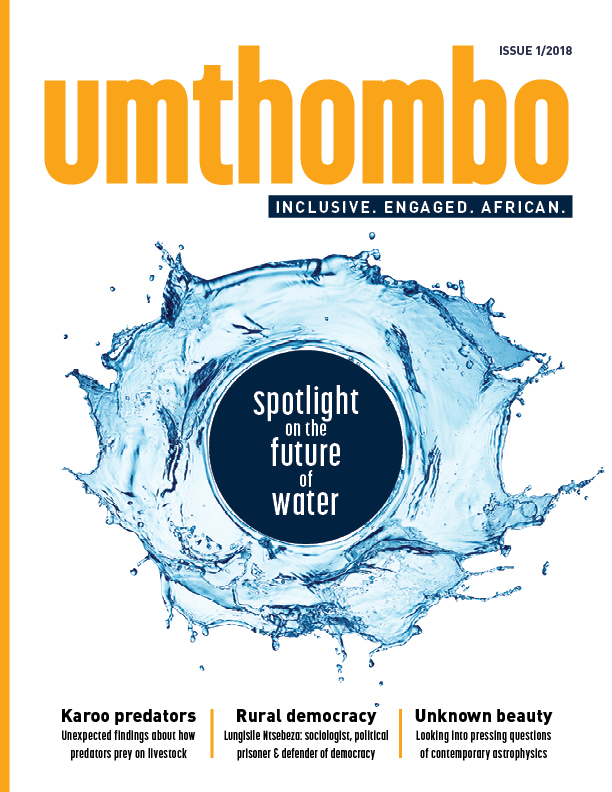 This story was published in the inaugural issue of Umthombo, a magazine featuring research stories from across the university.
This story was published in the inaugural issue of Umthombo, a magazine featuring research stories from across the university. Umthombo is the isiXhosa word for a natural spring of water or fountain. The most notable features of a fountain are its natural occurrence and limitlessness. Umthombo as a name positions the University of Cape Town, and this publication in particular, as an undepletable well of knowledge.
Read the complete first issue online or subscribe and receive new issues in your inbox every few months.
 This work is licensed under a Creative Commons Attribution-NoDerivatives 4.0 International License.
This work is licensed under a Creative Commons Attribution-NoDerivatives 4.0 International License.
Please view the republishing articles page for more information.
Research & innovation

